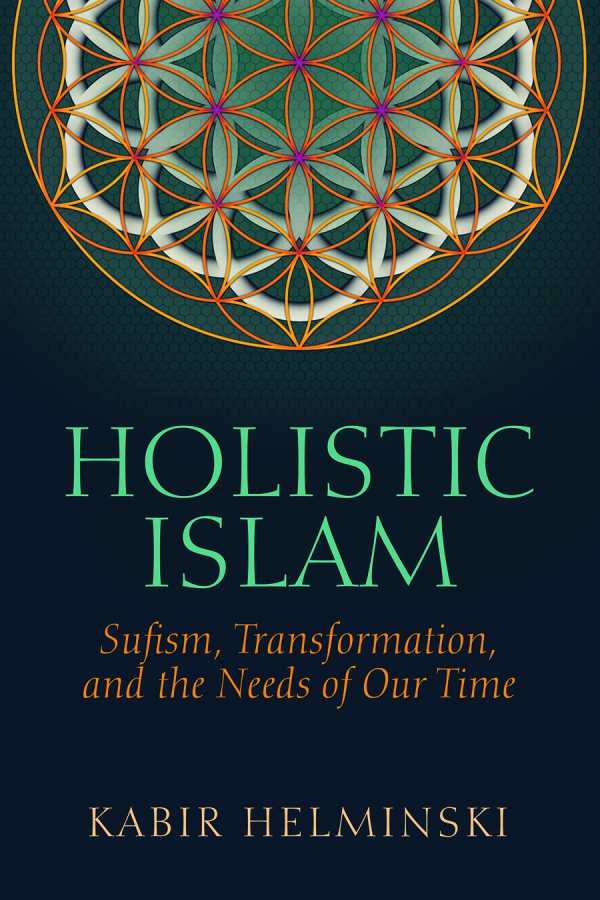Holistic Islam
Sufism, Transformation, and the Needs of Our Time
Transcending politicized arguments, this book emphasizes holistic, dynamic spirituality over “correct” belief and practice.
In Holistic Islam: Sufism, Transformation, and the Needs of Our Time, Kabir Helminski debunks myths about Islam. Drawing on the Qur’an and his own Sufi tradition, he points to love and the search for divine revelation as twin antidotes to religion’s dangerous slide towards legalism.
An adult convert from Catholicism, Helminski is now a Mevlevi sheikh, part of the same order as the Sufi mystic Rumi. He believes that Sufism presents a middle way between secular, materialist Western culture on the one hand and “rigid, reactionary, and harsh Islam” on the other. Instead of focusing on individual adherence to rules, he argues, Islam needs to concern itself with developing mature human beings who have awoken to the truth and respond in love to the world’s needs.
The book highlights a number of aspects of Islam that are often overlooked, such as environmental consciousness and a radical message of equality before God—not just parity between different races and classes, but also between men and women. Several chapters address these controversial issues through responses to frequently asked questions about the role of women and the Qur’an’s teachings on sex.
The notion of Shariah law is not explicitly stated in the Qur’an, the author notes, but is a human formulation, and therefore subject to interpretation. Rather than looking to scripture for codified doctrine, then, he turns to it for spiritual guidance. For instance, he cites verses that describe Abraham’s relationship with God as an intersection of human surrender and divine sustaining. These excerpts and any Arabic terms are set apart in italic type. Quoting from Rumi, along with other poets and scholars, creates a tapestry of voices of wisdom and introduces Sufism’s potent metaphors of human maturation—“ripe” and “cooked” as opposed to raw.
Helminski balances positive statements about Islam with explanations of what it is not. This is especially helpful when discussing a religion so plagued by misconceptions—“Westerners fear Islam because they confuse it with the political reaction known as Islamic fundamentalism,” he asserts. But Islam is not the enemy of Christianity, a backward culture, or a “membership club,” but rather the “state of being of one who has surrendered to Truth.”
Transcending politicized arguments, this book emphasizes holistic, dynamic spirituality over “correct” belief and practice. Spiritual hunger is universal, and Sufism offers rich, satisfying fare.
Reviewed by
Rebecca Foster
Disclosure: This article is not an endorsement, but a review. The publisher of this book provided free copies of the book to have their book reviewed by a professional reviewer. No fee was paid by the publisher for this review. Foreword Reviews only recommends books that we love. Foreword Magazine, Inc. is disclosing this in accordance with the Federal Trade Commission’s 16 CFR, Part 255.

